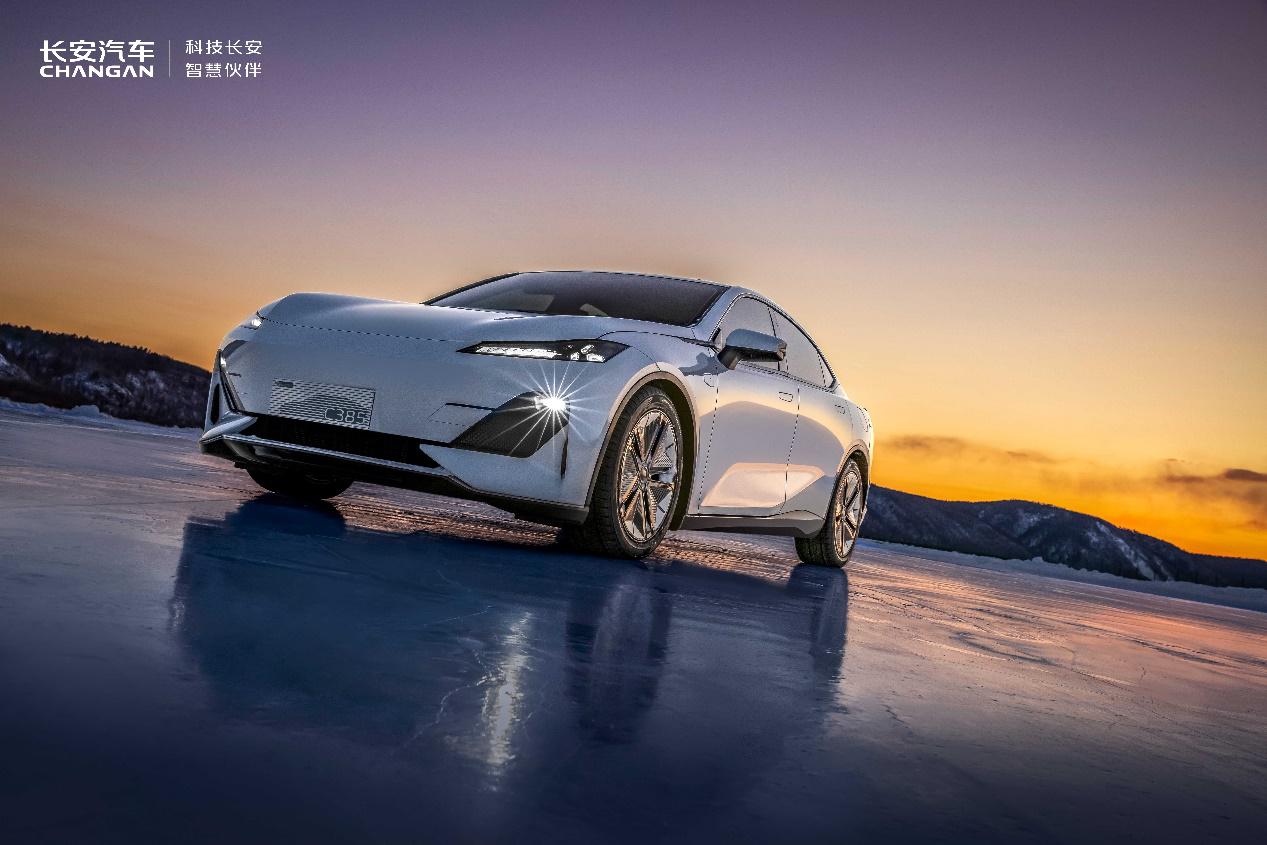
Chinese state owned Changan Automobile plans to begin vehicle production in Thailand in the first quarter of 2025 at a factory it will build in an industrial complex in Rayong province, the Thai vehicle manufacturing hub.
Changan first indicated it planned to invest in a Thai factory in April after it held preliminary talks with the Board of Investments (BOI). The company has now firmed up plans to invest an initial THB10bn (US$280m) in the country, to build a plant with an initial capacity for 100,000 vehicles per year and to set up local vehicle and parts distribution operations.

Discover B2B Marketing That Performs
Combine business intelligence and editorial excellence to reach engaged professionals across 36 leading media platforms.
The Rayong plant will be Changan’s first overseas factory and is part of an ambitious programme announced last April to invest US$10bn to establish annual production capacity for 1.2million vehicles outside China by 2030. The plant will produce battery electric vehicles (BEVs) and plug-in hybrid vehicles (PHEVs) for right hand drive markets across south east Asia, Australia, New Zealand, South Africa and the UK.
Changan expects the plant to produce between 30,000 and 50,000 SUVs in its first year of operation and indicated it would expand capacity to 200,000 later depending on demand. It has yet to announce whether it would add sedans to its Thai built line. The company launched Thai sales in Thailand at the recent Bangkok International Motor Expo with almost 3,600 orders so far for Deepal brand models, mostly SUVs.
The company previously said: “Thailand would be the main focus of our international expansion.”
The company sold 2.35m vehicles last year, including 271,000 EVs.
Changan joins BYD, Great Wall Motors, SAIC Motor, GAC Group, Geely, Chery and Hozon all setting up regional production hubs in Thailand.
Shen Xinghua, managing director Changan Auto Sales (Thailand) Company, acknowledged competition in the local electric vehicle (EV) market would continue to intensify in the next few years with Japanese, European and US automakers expected to step up their new product programmes.
He said: “There are seven Chinese automakers in Thailand with 30 EV models. This is beginning to shake up the local automotive industry and is pushing other global automakers to respond.”






